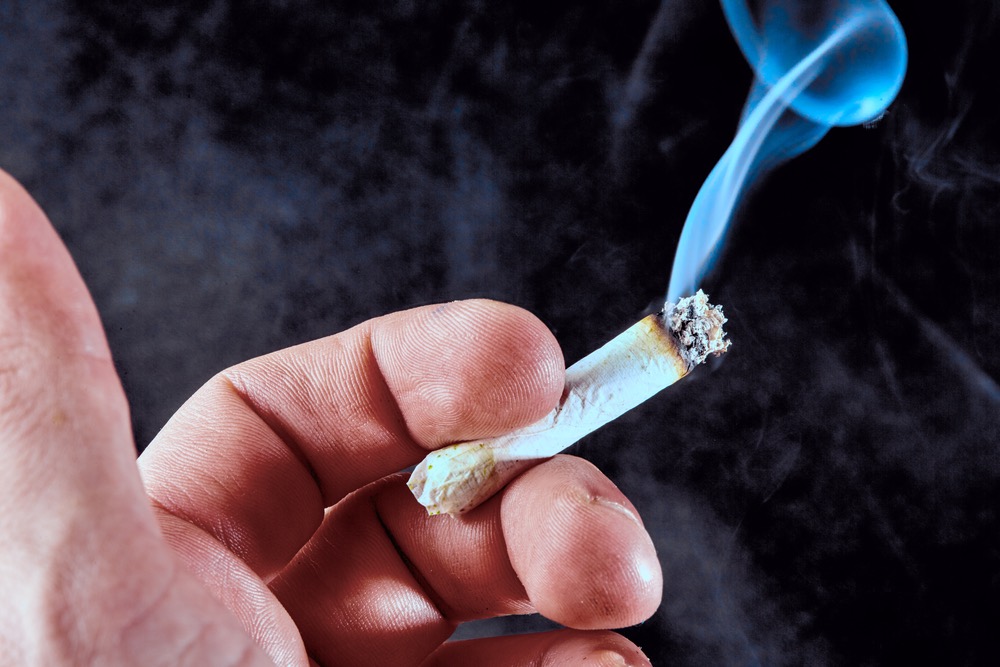Bad Vibes? Heavy Marijuana Users Hold on to Negative Feelings

SAN FRANCISCO — Many people tend to look back on the past with rose-colored glasses, remembering the good times and the good feelings, while forgetting the bad.
But a new study suggests that heavy marijuana users may have some trouble letting go of negative emotions tied to memories — a phenomenon that's also seen in people with depression. Earlier research has also linked marijuana use with depression.
Although the new results are very preliminary, the findings, presented here Friday (May 25) at the annual meeting of the Association for Psychological Science, may offer clues about the link between marijuana use and depression. [25 Odd Facts About Marijuana]
Rose-colored memories
The study explored a psychological phenomenon called "fading affect bias," in which people tend to hold on to positive feelings tied to their memories more than they hold on to negative feelings. In other words, negative feelings related to our memories fade faster than positive ones.
Psychologists have hypothesized that this phenomenon, which is generally seen in people without mental health conditions, may serve as a sort of "psychological immune system," said study lead author Daniel Pillersdorf, a graduate student in psychology at the University of Windsor in Ontario. This may be "so that we think more pleasantly in general, and don't have that cognitive burden of holding on to negative emotions associated with memories," Pillersdorf said.
Some previous studies suggested that this fading affect bias may be different for people who use drugs, but no studies had looked at whether marijuana use could affect this phenomenon.
In the new study, the researchers analyzed information from 46 heavy marijuana users — most of whom used the drug at least four times a week — and 51 people who didn't use marijuana. The participants were asked to recall, and provide written descriptions of, three pleasant memories and three unpleasant memories from the past year. The participants were then asked to rate the intensity of emotion tied to those memories, on a scale of negative 10, meaning extremely unpleasant, to positive 10, or extremely pleasant. They rated their emotions both at the time the memory was made and at the current time. (Marijuana users were not under the influence at the time the researchers asked them the questions.)
Sign up for the Live Science daily newsletter now
Get the world’s most fascinating discoveries delivered straight to your inbox.
The researchers found that both marijuana users and nonusers showed fading affect bias, but for marijuana users, the fading was a lot less.
"They were hanging on to that unpleasant affect over time, much more" than nonusers, Pillersdorf told Live Science. "They were less able … to shed that unpleasantness associated with their memories."
The study also found that marijuana users tended to recall life events in more general terms than specific ones. For example, when asked about a happy event in the past year, marijuana users were more likely to respond with general or broad answers, such as "I went on vacation," rather than recalling a specific event or day, such as "I attended my college graduation." This phenomenon is known as "overgeneral autobiographical memory," and it's also linked with depression, Pillersdorf said.
It's important to note that the new study found only an association and cannot determine why marijuana users show less fading affect bias, and more overgeneral memory, than nonusers.
Link with depression?
Even so, the new findings agree with previous research that has found a link between heavy marijuana use and depression. However, researchers don't know why marijuana and depression are linked; it could be that marijuana use plays a role in developing depression, or that people who are already depressed are more likely to use the drug. [7 Ways Marijuana May Affect the Brain]
Based on the new findings, one hypothesis is that the decreased "fading" of negative memories in marijuana users could be contributing to the development or continuing of depression, Pillersdorf said. "It may be that chronic or frequent cannabis use is putting [a person] more at risk for the development or continuing of depression," he said. However, Pillersdorf stressed that this is just a hypothesis that would need to be investigated with future research.
To further investigate the link, researchers will need to study marijuana users and nonusers over long periods of time. For example, researchers could start with people in their late teens or early 20s who don't have depression and see if those who use marijuana frequently are more likely than nonusers to eventually develop depression.
Additional studies could also investigate whether other substances have an effect on fading affect bias, Pillersdorf said.
The study has not yet been published in a peer-reviewed journal.
Original article on Live Science.

Rachael is a Live Science contributor, and was a former channel editor and senior writer for Live Science between 2010 and 2022. She has a master's degree in journalism from New York University's Science, Health and Environmental Reporting Program. She also holds a B.S. in molecular biology and an M.S. in biology from the University of California, San Diego. Her work has appeared in Scienceline, The Washington Post and Scientific American.









